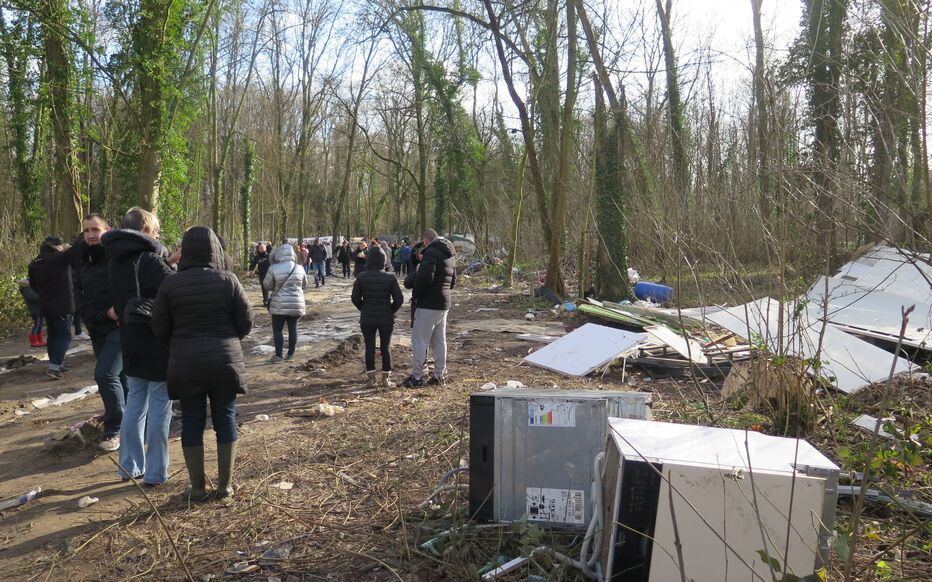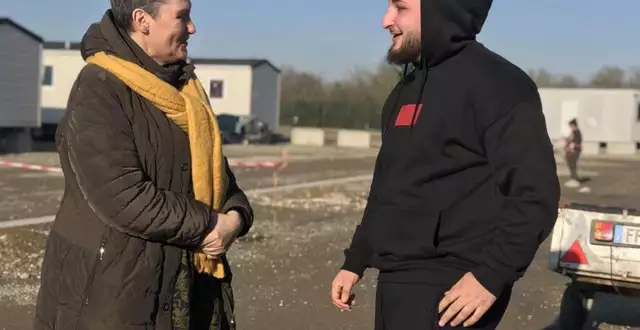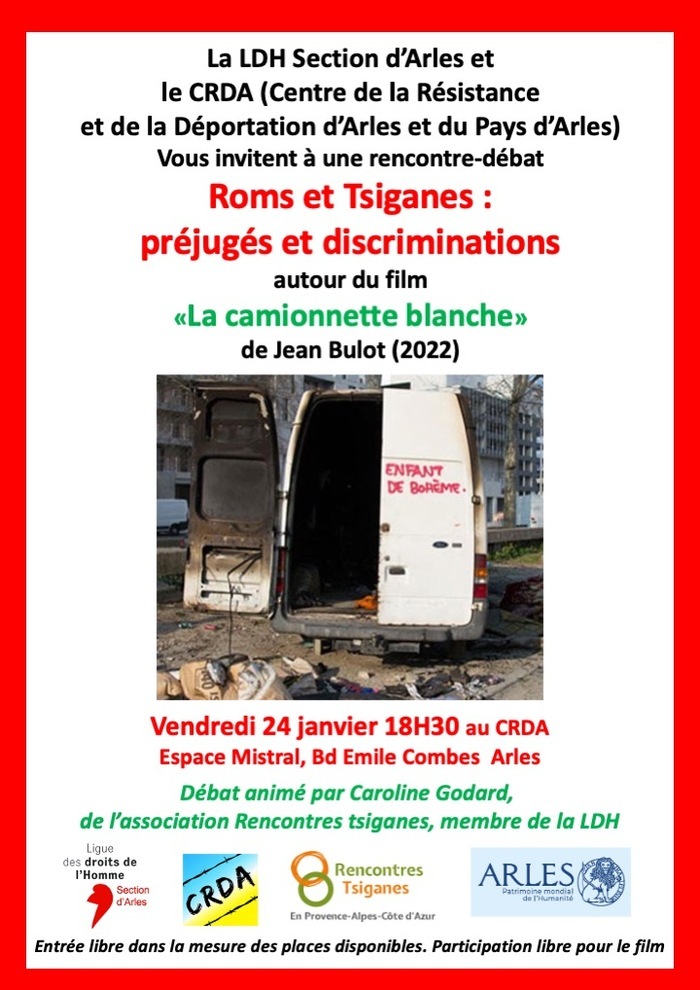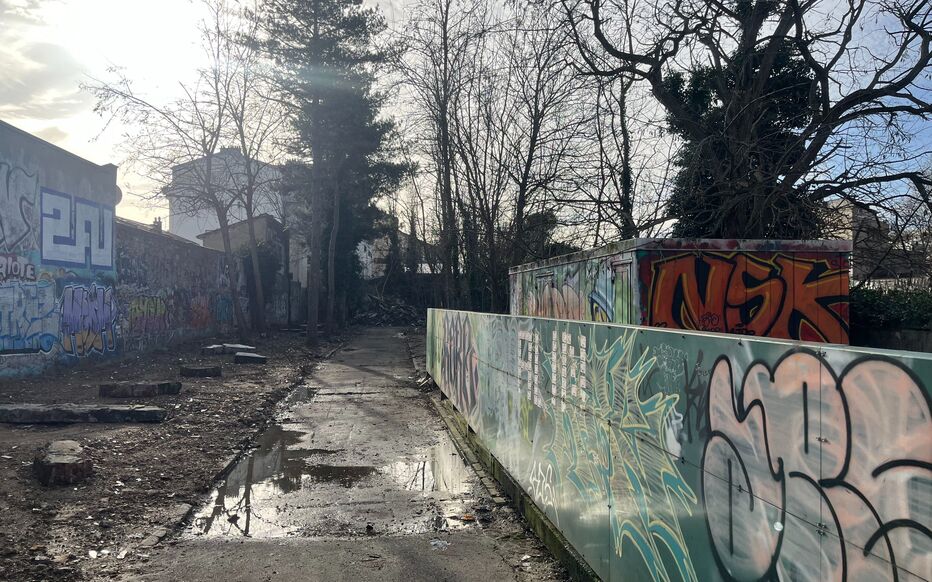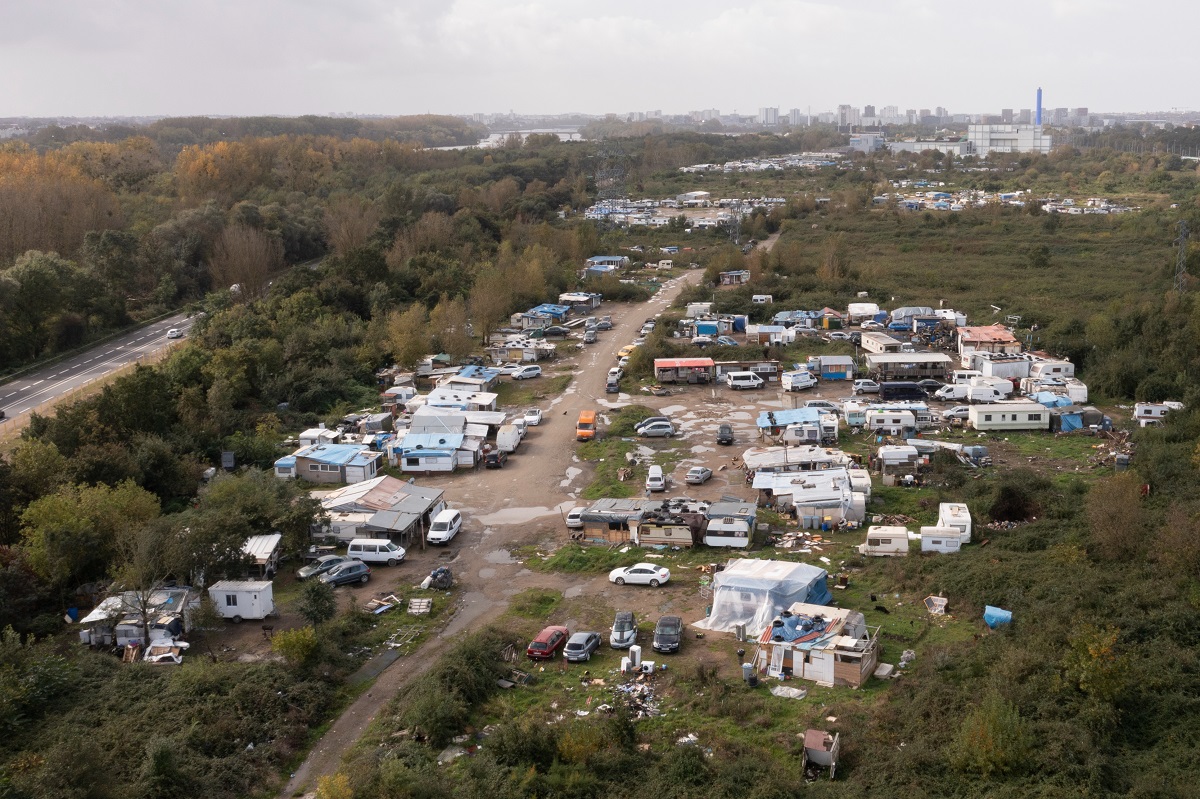Willsher (2014) discusses the role of the Rroma in France in the context of the lynching of a young Rrom in the Paris suburbs. In addition to a political instrumentalisation of the minority for political campaign purposes and as scapegoats for social ills, Willsher also notes that Rroma are equated with petty crime, leading to a prejudiced association of thieves and Rroma: “It is illegal to compile data on the basis of ethnicity in France, so there is no evidence that the gangs of children who swarm around tourists to filch money, valuables and wallets, or pick pockets in the Métro, are in fact Roma. Because the word “Roma” has become synonymous with petty criminal and delinquent, the public perception is that they are.” Willsher as well as the people she interviewed have, besides the awareness of social inequalities, no understanding of the majority of Rroma who are living integrated lives in France. In the French media, they are continually ignored. The fact that these integrated Rroma do not call themselves Rroma is a consequence of their fear of discrimination and disadvantages if they do so, something journalists and politicians do not seem to be aware of. Thereby, the wrong conception that equates Rroma with an underclass that is uneducated and lives on the edge of crime, is becoming prevalent. That these ideas persist in the minds of people can be seen in the statements of Nassima Kleit, an assistant of the general council of Seine-Saint-Denis. She admits racism against the minority, but simultaneously reproduces xenophobic prejudices and culturally motivated crime: “Of course, we can’t put a gloss on this and say there’s no criminals among the Roma, and of course we need to change cultural attitudes that see Roma parents sending their children out to beg or steal; but we can only do that by educating them and getting them out of these shanty towns into places where they can live with dignity […].” Kleit confirms with her statements the misconceptions of criminal, culturally determined Rroma gangs, as the Weltwoche repeatedly conveys them. However, there is no ethnic-based culture of crime. If anything, there are massive social inequalities that make criminal activities appear more attractive to certain social layers than to others. As already said, it is wrong to equate the Rroma with a social underclass. There are educated and well-off people among Rroma. Rroma are part of all social classes.
Bouvet (2014) identifies the latest incident not only as the outcome of a failed policy towards Rroma, but primarily as a failed social policy in France. The lynching incident shows that the social policies of the last decades have not been able to create a social balance: “What the lynching of Pierrefitte tells us is the failure of social policy, which was conducted in France for decades in neighbourhoods such as that of the Cité des poètes […]. The failure of employment policy and integration, not least those concerning the young people, who did not prevent an unemployment rate of more than 35%.”
Piquemal (2014) points out that the incident with the young Rrom is symptomatic of the ongoing expulsion and oppression of immigrant Rroma in France. The violence against the minority has increased. Since one hinders the immigrated Rroma to install themselves in the long term, one also makes it impossible to them to build a longer-term existence, which includes regular schooling of the children, adequate housing and a job. This rigorous expulsion policy must finally come to an end. Nathalie Godard, from Doctors of the World, states: “One clearly notices it on the site: with this policy, groups get fragmented, they are scattered throughout the territory of the department. But still they do not leave Seine-Saint-Denis. It’s always the same persons living here, some for a very long time. We follow the family for years, even if it is increasingly difficult for us to work. This is really complicated. Today, we use our time to find them again. With each eviction, all relationships that you try to create, to treat them, for example, must be restarted again. Everything is falling into the trap doors. I do not want to talk about the school to you! How do you want to enrol children, when they sometimes only sleep one or two nights at the same place.” What is also continuously hidden in the French press is that there are 100,000 to 500,000 integrated Rroma living in France. Therefore, the people living in the slums Rroma make up only a small percentage of Rroma in the country. Nevertheless, only they are present in the media.
- Bouvet, Laurent (2014) Lynchage d’un jeune Rom en Seine-Saint-Denis: la somme de tous nos échecs. In: Slate online vom 24.6.2014. http://www.slate.fr/story/88941/lynchage-jeune-rom-somme-de-tous-nos-echecs
- Piquemal, Marie (2014) «Les familles roms sont plus que jamais en errance». In: Libération online vom 17.6.2014. http://www.liberation.fr/societe/2014/06/17/les-familles-roms-sont-plus-que-jamais-en-errance_1043336
- Willsher, Kim (2014) Broken camp, broken lives, as vigilante attack makes itself felt on Roma. In: The Guardian online vom 22.6.2014. http://www.theguardian.com/world/2014/jun/22/broken-lives-vigilante-justice-roma
